Probiotics Vs Prebiotics: A Detailed Overview
Nov 04, 2023 By Nancy Miller
Probiotics are bacteria which is found in our gut; however, prebiotics are the food that is specially for these bacteria. People consume food and supplements to maintain the balanced health of the gut bacteria. Nowadays, probiotics and prebiotics have gained significant attention in the nutrition field. Although it may seem similar, they play a different role in overall health.
If you've Heard of Probiotics. But What Are Prebiotics? Are prebiotics as beneficial as probiotics? Well, you will get all the answers in this article, where we will provide in-depth information about prebiotics vs probiotics and their benefits. First, we have overviewed the probiotics, then detailed information about prebiotics. So what are you waiting for? Go ahead and keep reading;
What are Probiotics?
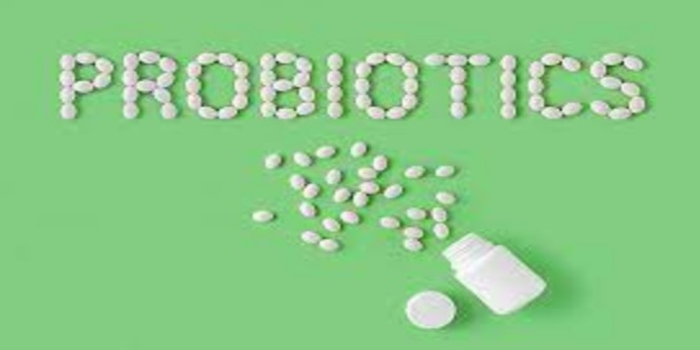
According to Oikarinen, probiotics are living microorganisms that are orally consumed and reside within the gastrointestinal tract, flourishing as beneficial bacteria. They contribute their role to promoting a strong gastrointestinal (GI) tract through various mechanisms, including the improvement of GI function, the improvement of digestion, metabolism, and other important benefits.
Probiotics are always beneficial to minimize or reduce the gastrointestinal system, including abdominal pain, bloating, gas, gastroesophageal reflux, and even nausea and vomiting. In addition, they work as a reliever of irritable bowel syndrome (IBS) and inflammatory bowel disease (IBD). Here, we have mentioned some probiotics-rich foods which may contain probiotics;
- Buttermilk
- Kimchi
- Sauerkraut
- Yogurt
- Fermented pickles
- Miso
- Tempeh
What are Prebiotics?
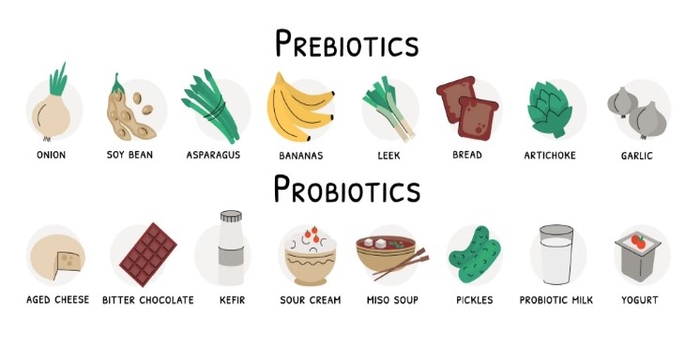
In a nutshell, prebiotics serve as the essential food required for the survival and thriving of probiotics within the gastrointestinal environment. According to Oikarinen, it has been clarified that prebiotics have the capability to improve gastrointestinal well-being and optimize the digestion of nutrients from ingested food by providing food to the beneficial bacteria residing within the gastrointestinal tract.
If you feel that your probiotics are not benefiting you as you need, you need to consider some prebiotics in your diet. Here are a few Prebiotic-rich foods that include a variety of nutritional sources, especially legumes, fruits, and whole grains. Here are a few examples:
- Bananas
- Barley
- Quinoa
- Asparagus
- Garlic
- Berries
- Onions
- Oats
Why is Prebiotics Beneficial?
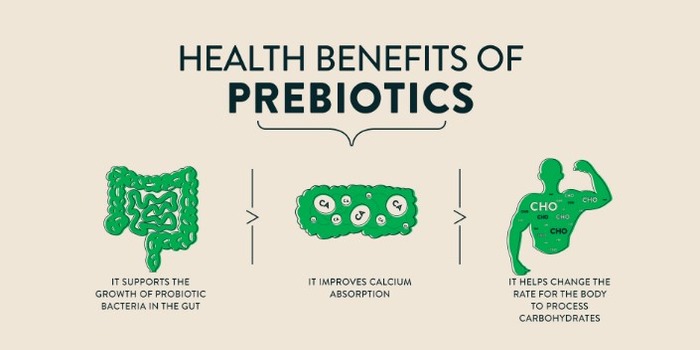
As we have mentioned above, prebiotics are necessary food for the growth of probiotics bacteria that are present in the gut. It is all done to help out the gut bacteria. Now, the question will arise in your mind: how could prebiotics work to help gut health? Well, prebiotics are insoluble fibers that not only feed probiotics but also help to pass the food smoothly through the digestive tract and are useful for those who face constipation.
Here's an important thing: when foods like prebiotics break down and then the prebiotic feeds them in the colon, an advantageous fatty acid, which is known as butyric acid, is developed. This acid is the main and important source of energy for our cells present in the colon. Inside your colon cells, butyric acid, which is also called butyrate, has a powerful and positive impact on decreasing your insulin resistance as well as diabetes, chronic inflammation, and obesity. These diseases are just some of the examples of how some prebiotics can affect your gut and also your entire body's health. Here are some health benefits including;
Constipation Relief
Dysbiosis is an imbalance between good and bad bacteria where good bacteria are less in the gut and the bad bacteria are in a high range with pathogens, which may cause constipation. Therefore, prebiotics come to play their role in easing constipation by providing good bacteria, such as bifidobacteria, in the gut, which helps to increase bowel function. At the same time, these bacteria create short-chain fatty acids to improve motility and blood flow.
Weight Loss
Some people did another random experiment to see whether it works on weight loss or not. They took 48 healthy adults who had a massive body. They gave over 25 people 21g of oligofructose, which is a type of prebiotic daily, and some gave a placebo for only 12 weeks. After that, researchers examined those people who had lost weight and took prebiotic supplements. It means that prebiotics can also play an essential role in reducing weight loss and metabolic stability.
Cholesterol Levels
Prebiotics produce short-chain fatty acids to minimize the cholesterol level. It means it is also helpful for maintaining the cholesterol level. However, it may also absorbed in the body through your liver and can help to reduce high blood pressure.
Mineral Absorption
Consumption of prebiotics can help to absorb and enhance the ability of vital minerals, including Calcium and magnesium. It happens due to the prebiotics' ability to generate short-chain fatty acids (together with long-chain fatty acids this time). This helps to increase the acidification of the gut and solve the minerals. As a result, your intestinal tract will produce more calcium-binding proteins. For example, we took around 100 teenagers who took 8g of short- and long-chain prebiotic foods in their daily routine. After a month, we examined their significantly higher calcium absorption, leading to higher bone mineral density.
Is It Okay to Take Prebiotics And Probiotics Together?
Can you take prebiotics and probiotics together? Well, most people are confused about taking probiotics vs prebiotics at the same time. Well, personally, we love to consume prebiotic-rich foods in the diet; however, probiotics are taken when just needed.
You might be confused as to when you take probiotics vs. prebiotics. Do you take prebiotics and probiotics at the same time or separately? I personally am a fan of consuming prebiotic-rich foods in my diet and then taking probiotics as needed. There are times and places to focus on both.
Bottom Line
Maintaining a healthy bacterial balance in the digestive tract can be beneficial. We have shared all the answers about what You've Heard of Probiotics. But What Are Prebiotics? In short, it is recommended to consume a sufficient quantity of both prebiotic and probiotic foods, as they can help the development of an optimal balance between both beneficial and harmful bacteria staying within the gut. If you're not sure if you're getting enough of anything, it's best to consult a doctor. It's not impossible to overdo it or experience unwanted effects.
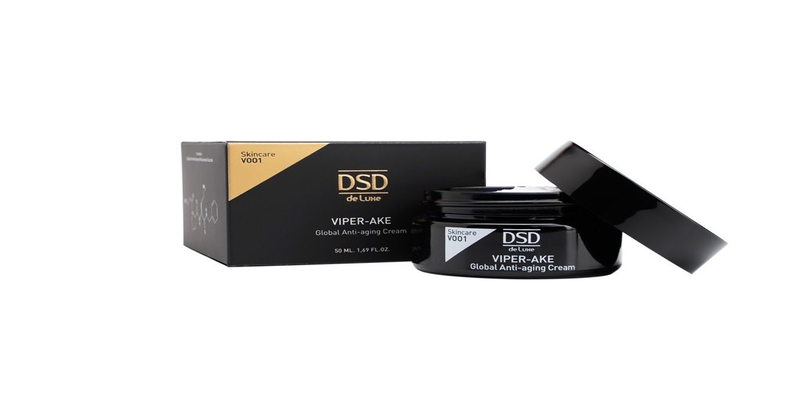
All You Need To Know About Global Anti-Aging
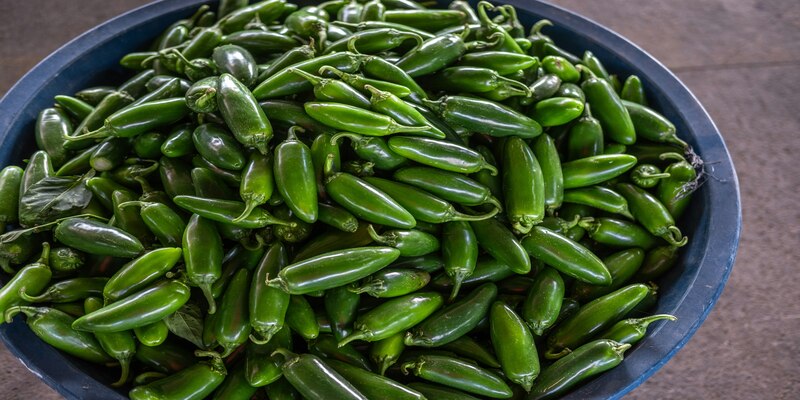
Health Advantages of Jalapeno Peppers Explained

All You Need to Know About 5 Best Single-Dumbbell Exercises for Building Explosive Strength

Can Simple Exercises Improve Your Hip Rotation?

Spirulina's Remarkable Health Impacts - Nature's Superfood Revealed

Unmasking the Symptoms of Heart Disease: A Comprehensive Guide

The Impact of Hot Showers on Skin Health Explored


